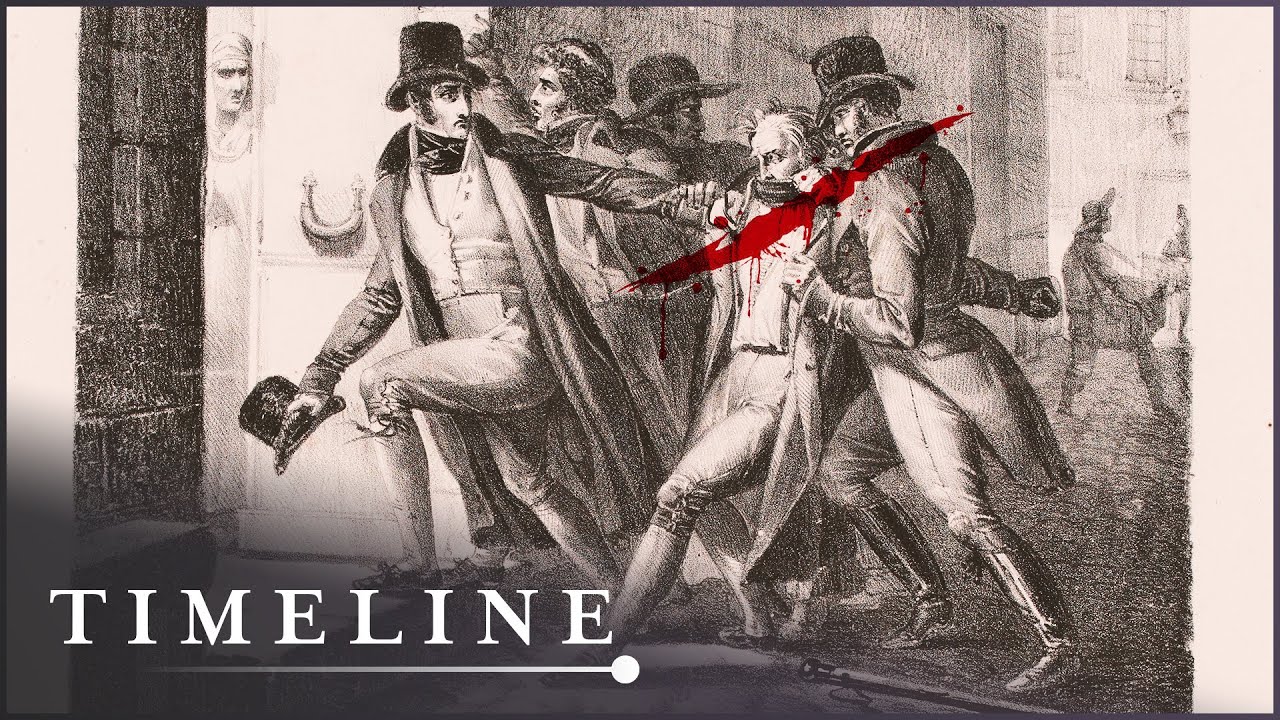Introduction
In the annals of criminal history, certain cases capture the attention of the world, leaving an indelible mark on collective memory. One such case is the Fualdès murder, a crime that unfolded in the small town of Figeac, France, in 1817. Against the backdrop of political unrest and social upheaval during the restoration period, the murder of public prosecutor Antoine Bernardin Fualdès sent shockwaves throughout France and captivated the global audience. Rumors, fake confessions, and a web of intrigue surrounded the sordid circumstances of the murder, transforming the Fualdès case into a gripping tale that unfolded over three years.
The Life and Tragic Fate of Fualdès
Antoine Bernardin Fualdès, the central figure in the gripping Fualdès murder case, was born in the late 18th century. Little is known about his early life, but he would eventually rise to prominence as a public prosecutor in Rodez, France. Fualdès was known for his unwavering commitment to upholding the law and his relentless pursuit of justice, earning a reputation as a formidable figure in the legal sphere.
However, his life would take a tragic turn when he became the victim of a heinous murder that would thrust him into the spotlight and captivate the world. As Antoine Bernardin Fualdès progressed in his legal career, he found himself entangled in the political and social upheaval of the restoration period in France. The power struggles between imperialists and Bonapartists were intensifying, creating a volatile atmosphere in which Fualdès’ fate would be sealed.
In 1817, Fualdès met a tragic end when his lifeless body was discovered floating in the Aveyron waters. The circumstances of his murder would remain shrouded in mystery, sparking intense speculation and a gripping murder trial that would unfold over the course of three years. Fualdès’ later life was marked by tragedy, as he became a central figure in a crime that would etch his name into history and hold the world’s attention for years to come.
The Murder that Shook Rodez
It was in Rodez, the capital of the Aveyron department, that the lifeless body of Antoine Bernardin Fualdès was discovered floating in the Aveyron waters in 1817. Fualdès, a public prosecutor known for his uncompromising stance against crime, became the victim of a brutal and mysterious murder that would rock the region and ignite a fervor of speculation and suspicion.
France at the time was in a period of political transition, as the Bourbon monarchy sought to consolidate its power during the restoration period following Napoleon Bonaparte’s defeat. The struggle between imperialists and Bonapartists was burning on, and the Fualdès murder soon became entangled in the political rivalries and factions of the era.
The Enthralling Trial of Intrigue
As news of Fualdès’ murder spread, the case took on a life of its own, captivating the imaginations of people both in France and beyond its borders. The circumstances of the murder were gradually revealed, piece by sordid piece, and the public became consumed by the intrigue surrounding the crime.
Rumors and whispers permeated the air, as theories and accusations swirled throughout the community. Numerous individuals came forward with false confessions, further clouding the investigation and adding to the enigma surrounding the case. The Fualdès murder became a subject of intense speculation, and the quest for truth became a matter of public obsession.
The Trial that Held the World’s Attention
For three years, the Fualdès murder trial unfolded, captivating the attention of France and the rest of the world. The courtroom became a theater of high drama, as witnesses testified, evidence was presented, and the accused stood in the dock. The trial drew in political figures, intellectuals, and curious spectators alike, all eager to witness the unfolding of this extraordinary case.
The sensational nature of the trial, combined with the backdrop of political tensions, ensured that the Fualdès murder case held the world’s attention. Newspapers across Europe reported on the trial’s proceedings, making it a subject of global fascination. The case seemed to embody the complexities and intrigue of the era, resonating with a public hungry for both justice and scandal.
Legacy and Historical Significance
In the end, the Fualdès murder trial resulted in several convictions, but the truth behind the crime remained elusive. The case left an indelible mark on French history, serving as a reminder of the complex social and political climate of the restoration period. It highlighted the fragility of justice in times of political turmoil and the lasting impact that sensational criminal cases can have on society.
The Fualdès murder case continues to fascinate historians and true crime enthusiasts to this day. It stands as a testament to the enduring power of a gripping murder mystery and the fascination it can hold over the collective consciousness. The tale of the Fualdès murder serves as a reminder of the timeless allure of unsolved crimes and the enduring quest for truth and justice.
Conclusion
The Fualdès murder, a crime that took place in the small town of Figeac during the restoration period in France, captivated the world for three years. With its web of intrigue, rumors, and false confessions, the case became a source of fascination and speculation, drawing the attention of people from all walks of life. The trial that followed the murder held the world’s attention, leaving a lasting legacy in French history and reminding us of the enduring power of gripping murder mysteries. The Fualdès murder stands as a testament to the human fascination with crime and the eternal quest for truth.
